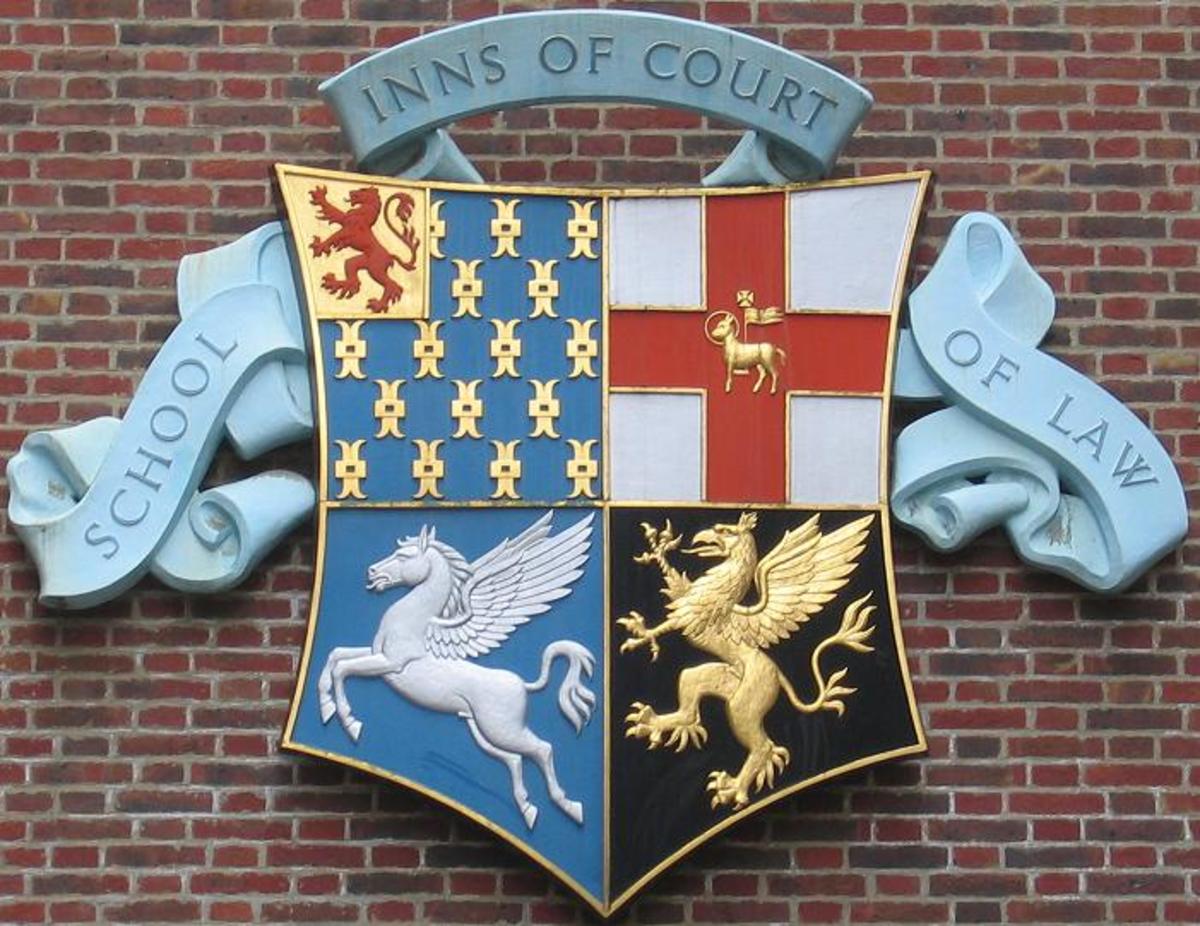How to write / prepare a court / legal brief the easy way.

Intro
In this hub I am going to write out how to prepare and write a legal case brief. This is great for those studying law in college, and will help you succeed. I will also be posting a bunch of my legal case briefs thaht have already been completed.
The legal Brief
Okay, so the first part to writing a brief is the Illustration. The illustration will be a 1 sentence introduction that you will use to explain what is going to happen in your brief. By doing this you will be using the main word in your brief, or type of action, and summarizing what the plaintiffs are suing for.
Facts. The facts section is everything that has happened in your case up to the court proceedings. This includes a very detailed list of everything that happened that the case will discuss in court. Do not include any court information in your facts section. Save that for your prior proceedings.
Prior Proceedings. This section varies a bit teacher by teacher. Some want you to simply write a couple sentences giving where the case came from, and what courts the case went through, BUT here is how the typical prior proceedings go. You should start at the very lowest court level. From here you will say who was suing who, and what they were suing for. Then say who won the lower court case. Next you want to say who appealed, and what level they appealed to, and who won. You should do this right up until you get to the highest level the case has gone to, for instance the United States Supreme Court. In that case make sure you do not say who wins in the highest court, because this will be your job in the next section. Your overall goal of this section is detailing exactly what has happened up until the final court proceeding.
Next is the issue / holding section. This section is simply a question. You will write a question no more than 1 sentence that is asking whether or not the highest court has the right to award to the defendant , or the plaintiff. Don't answer yes or no after the question, simply leave it open ended because you will be answering the question in the next section.
Rationale. Here is where you answer the question above. This is where you essentially summarize or re-write the highest court's reaction to the case. You should summarize it, and give the reasons they voted on the case, the way they did. Usually this section gets pretty long, as you are fully analyzing the highest courts actions of what they had decided. This section will also include who won, and what they will receive by winning.
(optional) Some teachers will ask you to also write a short 1 sentence what you learned section. This essentially is going to teach the class exactly what this case was about in 1 sentence. For instance. "This case taught us that you now have the right to be read Miranda Warnings prior to being arrested, so you are clearly given your rights" That would basically tell you exactly what happened in your case.
Thanks for reading, I hope this helped. Feel free to comment below with questions, also I will be posting real briefs for most of the biggest cases soon. Thanks for reading, also you can submit a brief that you may want me to brief for you as well, and I can look into it, and maybe post the brief on here as well.








